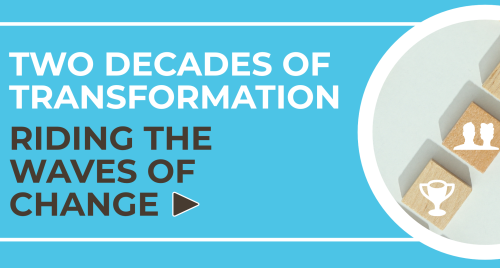
In 2016, the World Economic Forum released its Future of Jobs Report, where they asked Human Resource experts from global companies what they saw as the top 10 job skills required for employees to excel in 2020. In 2015 emotional intelligence (EQ) didn’t even make it to the top 10, and now it’s quoted as being the most critical. Many experts are saying that EQ is a predictor of job success and more important than technical ability. Emotional intelligence can be defined as the ability to identify, understand and manage your emotions in positive ways to interact, empathise and communicate effectively with others, overcome challenges and diffuse conflict. Do we evaluate our EQ? Do we expect to be asked about it during interviews or performance reviews?
The Recruitment industry is seeing a growing trend with organisations preferring EQ over a high IQ. There are several reasons why these organisations believe EQ is crucial to survive and thrive in our current work environments. First, with the pace of work increasing and constantly changing, there is a need for employees with strong EQ to “keep calm and carry on”. People with less developed EQ are likely to react quickly and get defensive when faced with a challenging situation. People with developed EQ are more likely to calmly process a situation, put things into perspective, and make logical judgements.
Emotionally intelligent people tend to be more authentic and show integrity and honesty. They are generally respected for being true to themselves and for being transparent and honest with others around them. They more often than not think before they speak, practise active listening and measure their responses. Overall people with EQ handle tough situations better. Situations are less likely to escalate and spiral out of control and conversations are usually calmer and more positive.
Self-control and maintaining a safe and fair environment are much more likely if you have a high EQ. Productivity is generally higher and leadership more effective and in turn, top performers are more likely to want to be part of these organisations and are less likely to leave. Self-control is a learnt skill to help people be more present, calmer and focused during times of high stress.
EQ is the capability of individuals with an ability to recognise their own emotions and those of others around them. These individuals can recognise different feelings and, use emotional information to guide thinking and behaviour, and manage and/or adjust feelings and emotions to adapt to environments or achieve goals.
For all human beings, EQ is undoubtedly a skill that will help drive success both personally and in the future of work, but I would argue that for Change Practitioners it is even more critical.








